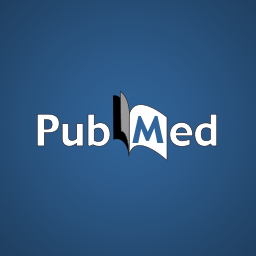A polysaccharide from Antrodia cinnamomea mycelia exerts antitumor activity through blocking of TOP1/TDP1-mediated DNA repair pathway.

A polysaccharide (termed ACPS-1) from mycelia of Antrodia cinnamomea under submerged culture was purified by hot water extraction and successive DEAE-52 cellulose and Sephadex G-100 column chromatography, and structurally characterized by FTIR, NMR, periodate oxidation, Smith degradation, and GC-MS. ACPS-1 (MW 2.296 × 104 Da) was composed primarily of Man, Xyl, Ara, Fuc and Rha with a molar ratio of 31.27:1.77:1.44:1.34:1.00, and its backbone consisted of repeating α-(1 → 3), α-(1 → 6), α-(1 → 2), and α-(1 → 4) glycosidic linkages. ACPS-1 displayed strong in vitro growth-inhibitory effects on several human and mouse cancer cell lines (HeLa, A431, H22 and S180), and were not cytotoxic to normal mouse spleen cells. Studies of the inhibitory mechanism revealed that ACPS-1 induced apoptosis and cell cycle arrest (cells remained in G2/M phase) through blocking of topoisomerase I/tyrosyl-DNA phosphodiesterase I (TOP1/TDP1)-mediated DNA repair pathway. Our findings suggest that ACPS-1 has strong potential applications in pharmaceutical and food industries, and as a novel anticancer agent based on its dual TOP1/TDP1 inhibitory effect.



